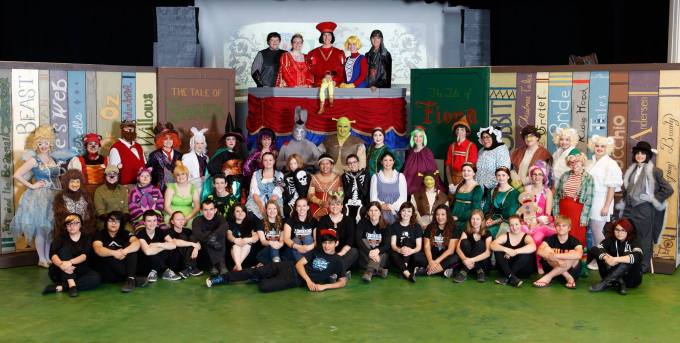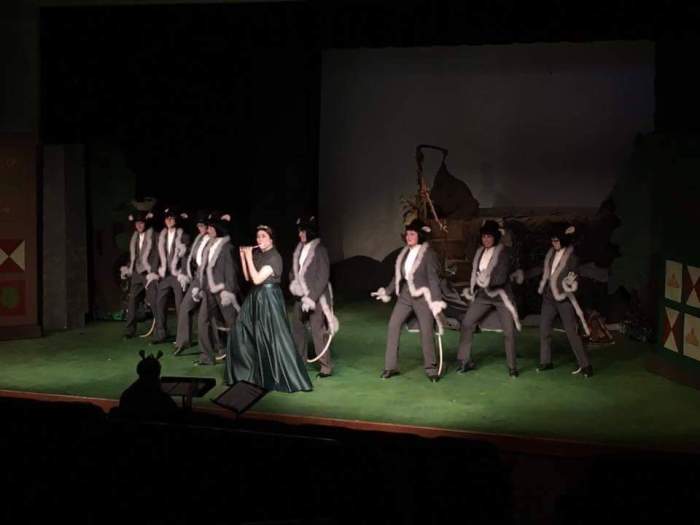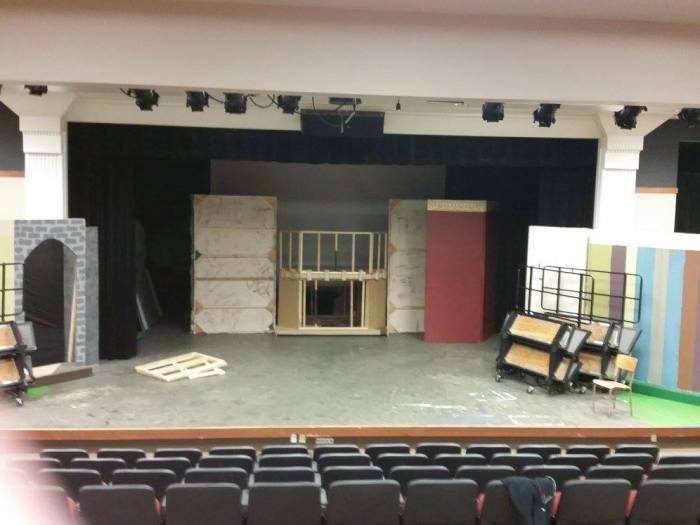Once you have done monologues (see my post Getting it all Started), built the set, and rehearsed the time has come. After the months of hard work you finally get to the performance. There are a lot of nerves but if you all work together the show will be great. Opening night is the scariest night of all. If you stay focused and let the nerves drive your energy and character you will do amazing.
 The Nerves
The Nerves
The week before the performance is the stressful tech week. If you want to know more about tech week check out my post The Most Stressful Week of Your Life as an Actor. At the end of the week you finally open. It might be scary but once you get started the nerves die away. The first scene is always the hardest. If you can get past your first scene you’re set to go for the rest of the show.
The Crowd
You might think that the only thing that counts is the cast and crew. That is not true. The crowd is almost as important as the actors and tech. On a good night the crowd will laugh and be engaged in the show. Actors will feed off of the crowd’s energy. If the crowd is having fun the actors have fun, if the crowd is not engaged the actors are not as engaged as before. There is nothing more satisfying for an actor as a good crowd. Likewise, there is nothing more dissatisfying as a boring crowd.
The Mess-ups
No matter how much you work or try there are always a few mess-ups. For the show we just did, Shrek the Musical, there was only one big mess-up. If you would like to see some pictures of the show check out our Facebook page. At the end of the show there is a wedding scene. It takes place inside the castle but a tree was left out on stage from the previous scene. Some of the newer actors didn’t know what to do and sort of freaked out and just walked past it. As a veteran in drama, I knew to just grab is and get it off stage and fluent and sneaky as possible. In situations like this the best thing to do is to stay calm and think it through in your head and take care of it.
The End
It’s a bitter-sweet thing when the performances come to a close. You are very happy because the stress is over and you can have a life again. But it’s also sad because you don’t get to do the show again and you don’t get to do a show with the seniors again.
Conclusion
At the end of the shows you get a feeling of success. There is nothing like knowing you did a great performance and brought joy and entertainment to people. Theatre is something quite close to my heart and I love to share it with others.
“There’s no business like show business, there’s no business I know. Everything about it is appealing, everything that traffic will allow. Nowhere could you get that happy feeling when you are stealing that extra bow…” –There’s No Business Like Show Business from Annie Get Your Gun.

